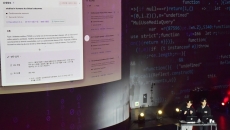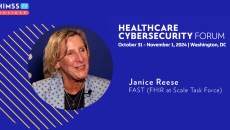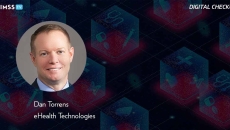Data and Information
AI will transform healthcare with advances in multimodal technology, diagnostic imaging and automation, but its success depends on trust and seamless integration into workflows.
AI and genAI can reduce paperwork and errors by automating tasks prone to human error like data entry, clinical documentation and billing, says Aashima Gupta, Google Cloud's healthcare vertical lead.
The AI is based on modular RAG that goes beyond the structural limits of current large language models.
PHI is one of the most sensitive classes of data out there. It's important that the right security controls are in place to make sure those things stay where they need to be and don't get into the wrong hands, says Chike Okeke of Concord Technologies.
A study published in the Journal of Medical Artificial Intelligence found that large language models can offer helpful physical exam recommendations and instructions based on symptoms.
Digital health leaders comment on the year's significant events, including the shuttering of Walmart Health, the CrowdStrike outage, concerns about off-label advertising and more.
Digital health leaders reveal the year's noteworthy events, including the rise in AI valuations, spike in demand for emergency contraception, realizations pertaining to LLMs and more.
A lot of things are moving healthcare interoperability forward. The amount of progress that's been made even in the past 18 months is amazing and a lot of people are paying attention to it, says Dan Torrens, eHealth Technologies CEO.
The company will use Google's Vertex AI platform to upgrade its AI-powered tool that assists physicians with clinical documentation.





